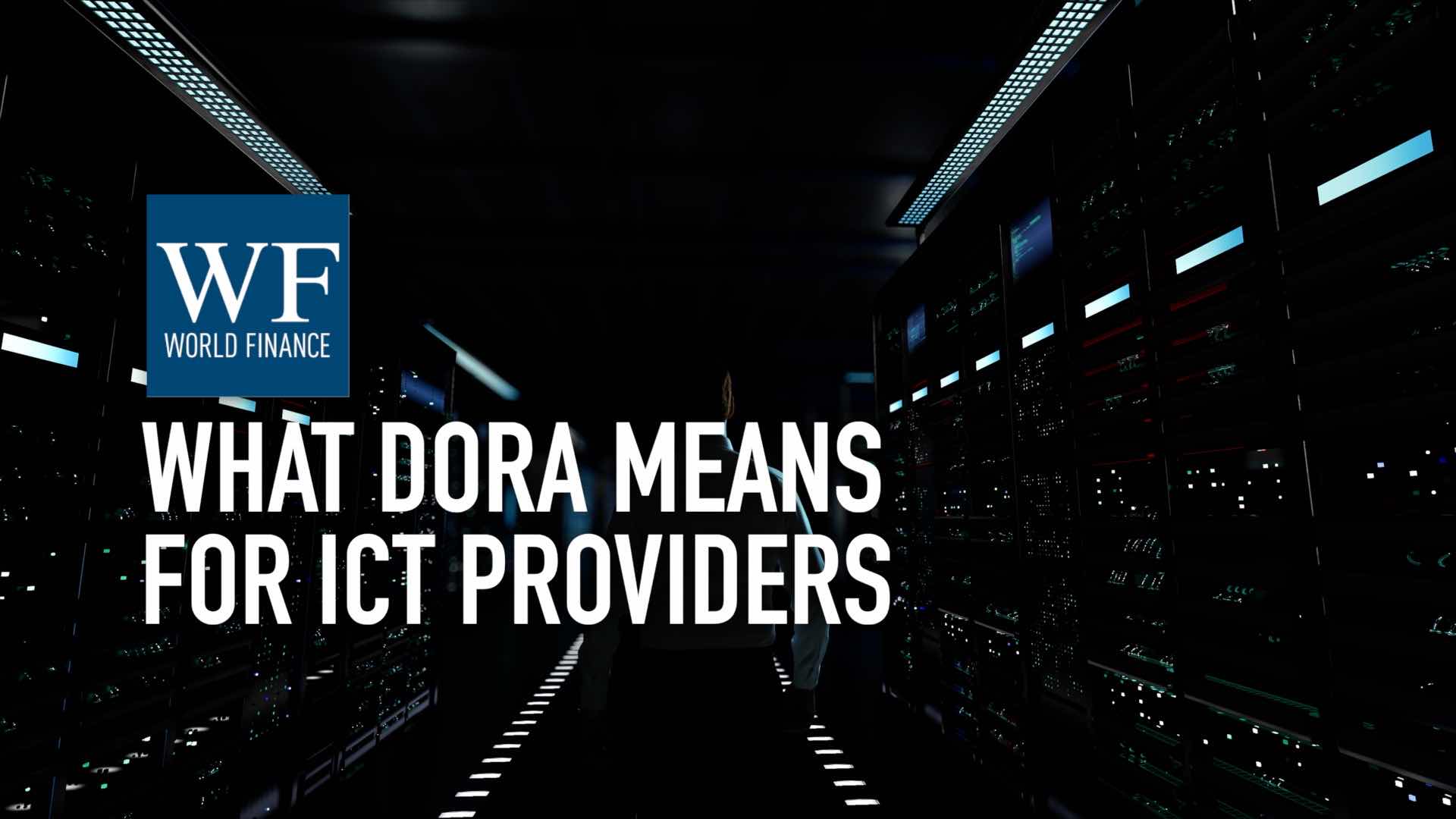All change for Brunei’s banks: the local view on HSBC and Bank of China
Pierre Imhof from Brunei's Baiduri Bank weighs in on the future of the country's banking sector as HSBC withdraws and Bank of China prepares to enter
Related:
Transcript
Big changes are on the horizon for Brunei’s financial sector. HSBC is winding down its operations, the Bank of China has obtained a licence to operate, and regulatory foundations for Brunei’s first stock market are expected to be complete sometime in 2017. Pierre Imhof, CEO of Brunei’s Baiduri Bank, explains what these changes mean for the country’s banking sector. He also discusses Brunei’s national vision – the Wawasan 2035 – in terms of expanding financial services’ contribution to GDP to up to eight percent, and what the sector must do to support SMEs in diversifying Brunei’s economy.
World Finance: Big changes are on the horizon for Brunei’s financial sector. HSBC is winding down its operations; the Bank of China has obtained a licence to operate there. And regulatory foundations for Brunei’s first stock market are expected to be complete sometime next year. Joining me is Pierre Imhof from Brunei’s Baiduri Bank.
First Pierre: HSBC is moving away, the Bank of China is coming into Brunei. How is that going to affect the banking sector?
Pierre Imhof: I think it will change it in a positive way. As in many other countries in the ASEAN, the local banks have grown, have developed. I believe that with the departure of HSBC from Brunei, Baiduri Bank may appear as the bank of choice for its clients.
Bank of China coming? I think it’s a good thing, and good for the image of the country, that a foreign bank is showing interest in the Brunei financial market. It needs to learn the culture, the habits, the environment. And that doesn’t come overnight. So I’m sure the Bank of China will go through this learning curve.
World Finance: You mentioned Brunei being a member of the ASEAN community – what is that doing for Brunei’s growth?
Pierre Imhof: The members of the ASEAN are moving towards a single market, in terms of circulation of goods and services. Probably at a later stage of capital and labour. So there is this trend to better and better integration in the ASEAN – and this will definitely benefit Brunei, and will benefit Baiduri Bank Group.
World Finance: Brunei’s national vision – the Wawasan 2035 – has the financial services sector increasing its contribution to GDP up to five, even up to eight percent. How is that going to be achievable, and how do banks like Baiduri Bank actually fit into this?
Pierre Imhof: It’s an ambitious target, but we are there to take up ambitious targets, and try to achieve such goals.
With the aim of the government to promote and support SMEs, banks in general and Baiduri Bank in particular have accumulated excess of liquidity. And this excess of liquidity may be injected in the domestic economy to provide the right financing to SMEs. And we can also take advantage of a wider range of banking or financial services which will be available in the country soon.
World Finance: Indeed. So moving on to the stock exchange, then. What is a realistic timeframe for the stock exchange to launch?
Pierre Imhof: From what I read, what I hear, it is a project which is taken very seriously by the authorities and by the regulator. My understanding is that within a couple of years, the stock exchange will be launched and ready to operate.
And for Baiduri Bank, it’s a very good move. We are very much supporting this expanding of financial businesses in Brunei, and this opening of capital markets. We are the first in Brunei to offer an online trading platform to our customers. So our clients are now able to access a number of stock exchanges in the region – Singapore, Kuala Lumpur, Hong Kong, and now the US – and trade online on these markets.
World Finance: What does the stock exchange represent then – not in terms of the actual practicality, but more the governance, the regulations that are in place, and I suppose related to what you were saying about the Bank of China, the interest that the international market is showing in the local economy?
Pierre Imhof: Definitely in a country like Brunei – a small environment, it’s a small economy, the banks know the market well – there might be a tendency not to be fully in line with the highest standards, in terms of accounting, financial structures, and so on.
For me, having a stock exchange will definitely increase transparency and good governance in companies which are listed. And this will have a kind of domino effect for all other companies. And this level of transparency and governance will in the long-term help the country to develop even further its economy, and to be more visible, with an excellent image, abroad.
World Finance: More international money coming into Brunei, then. How can banks like Baiduri Bank make sure that actually trickles down into the local economy?
Pierre Imhof: Brunei needs to diversify. That has been set as an absolute priority by the authorities. One aspect of diversification is to attract foreign direct investment; the other side, as you rightly mention, is that this should benefit the people of Brunei. This should benefit the companies and the SMEs.
Just recently, at the beginning of this year, the government created a new body called DARE, to promote and support local companies and especially SMEs. So we definitely want to develop our activities in cooperation with this entity, in supporting SMEs, and in transferring to the local population whether they are individuals or companies, the benefit of this diversification.
World Finance: Pierre Imhof, thank you very much.
Pierre Imhof: You’re welcome, thank you.

 What the Digital Operational Resilience Act means for board members and CEOs
What the Digital Operational Resilience Act means for board members and CEOs What the Digital Operational Resilience Act means for third party ICT providers
What the Digital Operational Resilience Act means for third party ICT providers
